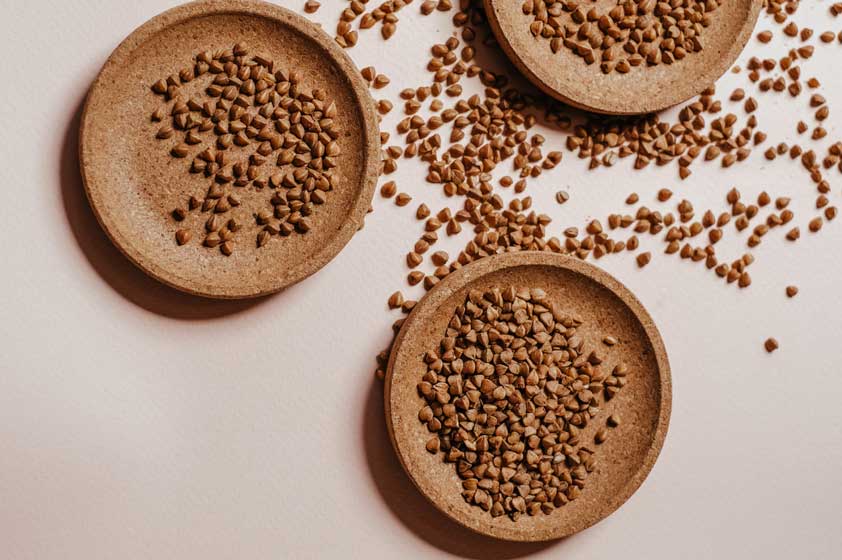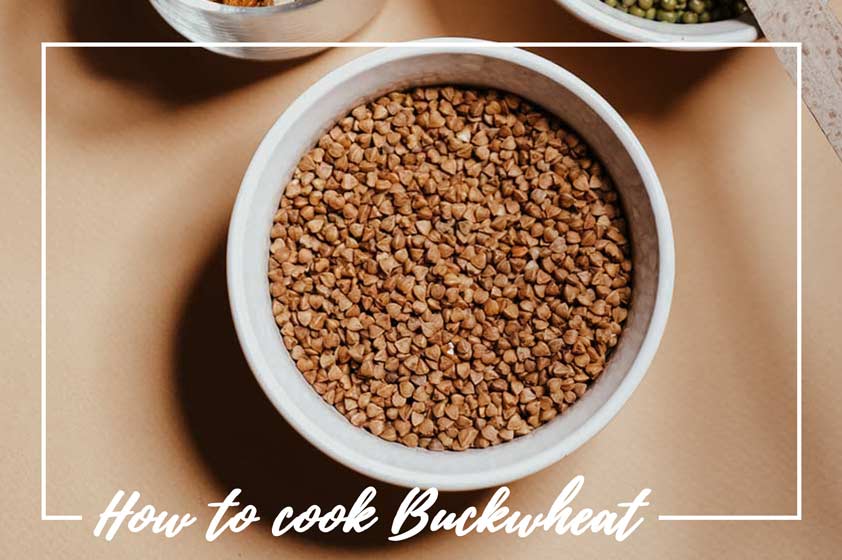Buckwheat, a gluten-free seed with a delightful nutty flavor and tender texture, is gaining popularity as a versatile and nutritious ingredient. Often overlooked in favor of more familiar grains like oats and wheat, buckwheat is a culinary gem that’s both easy to prepare and budget-friendly. In this comprehensive guide, we’ll explore the art of cooking buckwheat to perfection, incorporating the best practices from various sources to ensure a delightful dining experience. Learn below how to cook buckwheat flawlessly every time.
What is Buckwheat?
Buckwheat, despite its name, is not a wheat-related grain. It’s a seed that boasts a rich, toasty flavor and a soft, appealing texture. Unlike common grains, buckwheat is gluten-free, making it an excellent option for those looking to avoid gluten in their diets. It’s also a powerhouse of nutrients, including essential vitamins and minerals. This makes it a valuable addition to any diet, particularly for those seeking a gluten-free alternative that’s both delicious and nutritious.
Buckwheat’s benefits
Buckwheat’s are packed with essential nutrients and health-boosting properties, this humble seed offers a wide array of benefits that contribute to your overall well-being. Here are some of the buckwheat benefits:
- Rich in Iron and Antioxidants: Buckwheat is a natural source of iron, a vital component for red blood cell production and oxygen transport in the body.
- Sustained Fullness: The high fiber content in buckwheat contributes to a feeling of fullness, helping you stay satisfied and less prone to overeating.
- Loaded with Essential Minerals: Buckwheat is a treasure trove of essential minerals such as magnesium, phosphorus, potassium, zinc, copper, manganese, and selenium, all of which play crucial roles in various bodily functions.
- Gluten-Free and Digestion-Friendly: With no gluten, buckwheat serves as an excellent alternative for those with gluten sensitivities or celiac disease. It’s easy digestibility makes it gentle on the stomach.
- Protein-Packed: Buckwheat stands out as a plant-based source of protein, making it a valuable addition for vegans and vegetarians aiming to meet their protein needs. 100g of buckwheat has 8.1g of protein.
- Versatile Culinary Ingredient: Buckwheat’s mild and nutty flavor makes it an ideal canvas for both sweet and savory dishes. From pancakes to porridge and stir-fries to salads, its versatility adds a delightful twist to your meals.

Selecting and preparing Buckwheat
Before enjoying the buckwheat, ensure you have the right variety. You can find pre-toasted buckwheat in Eastern European, or Asian markets. However, if your buckwheat isn’t pre-toasted, fear not – toasting it is a breeze. Simply place it in a dry skillet over medium heat for 4-5 minutes until it turns golden brown.
Cooking methods for perfect Buckwheat
Method 1: Classic Simmer
Ratio – water to buckwheat 1,5:1
- Rinse 1 cup of toasted buckwheat under cold running water until the water runs clear.
- Add buckwheat in the pot, pour 1.5 cup of water and bring the mixture to a boil over high heat.
- Reduce the heat to low, cover the pot with a lid, and allow it to gently simmer for 13-15 minutes.
- Remove from heat, add a teaspoon of butter, sprinkle with salt and let the buckwheat rest, covered, for 5-10 minutes.
- Fluff the buckwheat with a fork, add more butter or salt if you need.
Method 2: Boil and Soak
- Bring water and buckwheat to a boil in a pot.
- Turn off the heat and let it sit for 20-30 minutes.
What do you eat buckwheat with?
Buckwheat can be substituted for rice, bulgur, or couscous, making it a versatile choice to pair with meats or include in salads. When using buckwheat flour, you can make pancakes, buckwheat banana bread, chocolate cookies, cupcakes, and other delicious desserts.
One of my favorite and simplest buckwheat dishes involves adding thinly chopped smoked sausages to the pot, along with a touch of butter, thoroughly mixing it. This simple recipe provides a delightful way to enjoy the flavor of buckwheat.
Moreover, buckwheat’s pairs well with chicken or turkey meatballs and cutlets, enhancing the flavors of these dishes.
Storing and Reheating
Storing: Store it in an airtight container and refrigerate for up to 4 days.
Reheating: You can reheat it in the microwave for 1-2 minutes or in a saucepan over low heat for 5-10 minutes until it becomes warm.
Nutrition table of buckwheat
| Nutrition Facts of buckwheat | |
| Amount per serving | 100 g |
| Calories | 364 Kcal |
| Energy value | 1522 kJ |
| Fat | 1.5 g |
| Saturated Fat | 0 g |
| Carbs | 84.9 g |
| Sugar | 0.4 g |
| Protein | 8.1 g |
| Salt | < 0.1 g |
In summary, buckwheat doesn’t receive the spotlight it rightfully deserves. This delicious and nutritious grain can be transformed into both sweet and savory dishes. As you’ve discovered from my recipe, buckwheat is also incredibly simple to prepare. So, don’t hesitate to give it a try!

